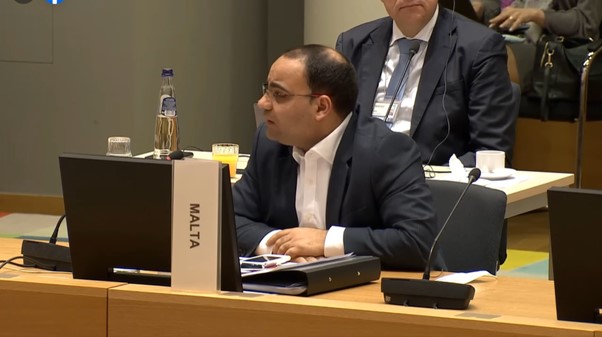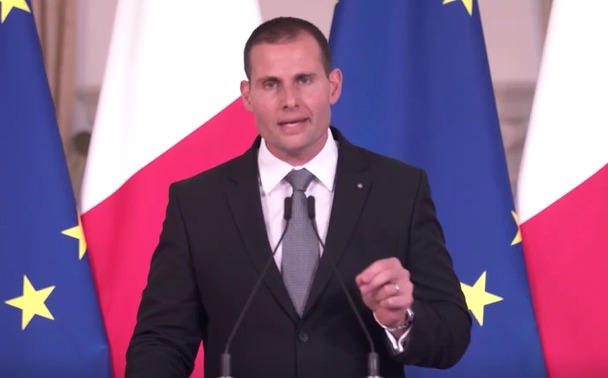Finance and Employment Minister Clyde Caruana has told the European Council (the Council), via its Economic and Financial Affairs Council (ECOFIN), that Malta will not accept a European Commission (EC) proposal for a global tax for multinational corporations, without the country’s concerns being properly heard.
His remarks came as Finance Ministers of EU Member States held a debate on a Council directive which proposes to ensure a global minimum level of taxation for cross-boarder corporation.
Taxation remains an area of national competence, and EU rules in this area require unanimous approval among the Council of Ministers.
The directive is seeking to transpose OECD rules for BEPS – base erosion and profit sharing – to European corporate tax rules. BEPS is a practice which leads to aggressive tax avoidance practices by exploiting tax gaps and loopholes, while the OECD proposal would see international agreement bringing together 137 countries and jurisdictions
Prof Caruana told the Finance Ministers that Malta’s concerns should be heard, and addressed, should the Council expect to find support on the taxation proposal. He remarked that Malta has not received feedback on reservations expressed to the OECD, the global body which has spearheaded the effort for a global minimum tax.
Speaking at the meeting, Minister Caruana said:
“I do understand the motivation behind all this and implications, however I cannot ignore certain issues revolving around fairness and practicality of implementation. This is a political process and we have to answer to our people.”
He clarified that Malta will not be withdrawing support to the taxation proposal, but that it was still discussing concerns within Council working groups. The Minister stressed that he could not ignore serious concerns, and how this proposal will impact Malta.
Malta’s cruise passenger traffic rises during first quarter of 2024 despite decrease in cruise liner calls
Passengers from Italy accounted for 28.4% of the total
‘Unacceptable’: Institute of Journalists condemns PM’s establishment comments targeting the media
Journalists are encouraged to ‘continue with their work without fear or favour’
WATCH: PM appeals for calm amid bombshell Vitals inquiry charges being filed in court
He appeared to back arguments made by former PM Joseph Muscat earlier today






